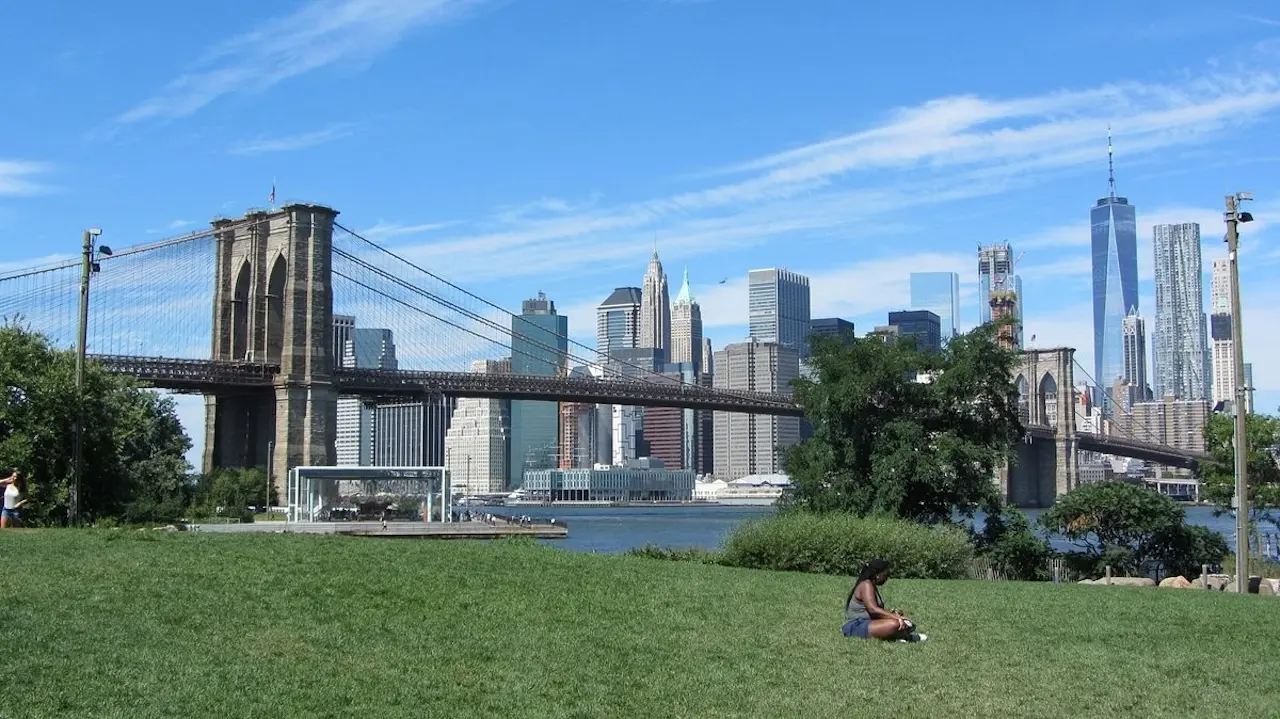Federal Judge Orders Trump Officials to Restore Full SNAP Benefits by November 7

Thousands of New Yorkers depending on food assistance face unnecessary uncertainty—because federal dithering has collided with judicial resolve.
High above the city’s daily grind, yet with all too real impact on the ground, a gavel has banged in a Washington federal courtroom, echoing through the five boroughs. Last Thursday, U.S. District Judge Naomi Reice Buchwald ordered the Trump administration to secure and disburse the full Supplemental Nutrition Assistance Program (SNAP) benefits by November 7th, rebuking what she called “unacceptable” delays. For over 1.7 million New Yorkers—nearly one in five city residents—SNAP, once known as food stamps, is a lifeline. A bureaucratic hiccup, let alone a funding gap, threatens to yank that lifeline from elderly pensioners in the Bronx, working parents in Brooklyn, and countless others just scraping by.
The judge’s ruling comes amid a protracted budget skirmish in Washington. SNAP, a $68-billion federal program, has carried on under stopgap funding resolutions, making recipients involuntary hostages to Capitol Hill’s hazardous brinkmanship. The Department of Agriculture has twice warned of “diminishing reserves,” and city food pantries have braced for a spike in clientele. In her sternly worded order against the administration, Judge Buchwald did not mince words: failing to meet the November deadline would violate statutory obligations and heap hardship on millions.
The direct consequences for New York are plain: if SNAP benefits lapse or shrink, supermarkets in Queens and bodegas in Harlem are likely to feel both increased pressure and diminished sales. Emergency food distributors, already stretched by mounting demand and puny inventories, risk being inundated. “We’re bracing for more families than our shelves can support,” sighs Leslie Gordon, president of Food Bank for New York City. Such spikes are neither theoretical nor unfamiliar; a 2013 federal cut to the program saw city food pantries’ demand surge by over 10% within weeks.
Beyond bare shelves, the sequestering of SNAP dollars bodes ill for the city’s broader economic health. SNAP dollars are spent briskly—within weeks, often days. According to the Center on Budget and Policy Priorities, each federal SNAP dollar generates roughly $1.50 in local economic activity. In sum, New York City’s annual SNAP allocation brings an estimated $3.5 billion into the five boroughs’ retail food ecosystem. Were those dollars to founder, so too would the prospects of thousands of local grocers and their employees.
The political undertones are hardly subtle. Dithering on SNAP disproportionately affects the working poor—a demographic often missed in political calculus but central to the city’s service economy. SNAP is not a simple welfare handout: in New York, over two-thirds of recipient households include a worker. Policymakers’ penchant for using safety-net programs as bargaining chips in budget maneuvers rarely inspires public confidence, least of all in the city that gave the world the phrase “drop dead.”
National budget drama, local dinner tables
What happens in New York is, as so often, merely a harbinger. While Judge Buchwald’s injunction is New York-specific, twelve other states’ attorneys general have filed briefs in related legal wrangling. Nationally, over 41 million Americans rely on SNAP, with the pandemic having put extra strain on already threadbare benefit levels. The Trump administration’s attempts to curtail eligibility in 2019 were blocked by a similar raft of lawsuits, but the underlying arguments remain unsettled: are food benefits a statutory right, or a line-item bargaining chip?
Globally, New York’s struggles fit an unfortunate pattern. In OECD countries, food aid remains patchy, often at the mercy of political winds. Yet most modern metropolises—from London to Berlin—ensure food assistance is operational, if not always ample, as a firewall against acute deprivation. New York, epicenter of American wealth and poverty alike, finds itself at the sharp end of America’s peculiar federal dysfunction.
There is, to be sure, room for scepticism about the city’s ability to weather further SNAP disruptions. While philanthropic and mutual aid efforts are buoyant by American standards, they are hardly bottomless. Policymakers in Albany must also reckon with the spectre of “SNAP cliffs”—where even marginal gains in income can mean sudden benefit cuts, distorting incentives for would-be job seekers. Federal prevarication thus magnifies already labyrinthine local challenges.
This episode exposes the costs of American government’s fondness for short-term fixes—continuing resolutions, legal workarounds, and judicial rescue missions in lieu of durable legislative resolve. Relying on courtrooms to prod the executive branch into following the law is not, we reckon, a sign of system health. If Washington cannot be cajoled into honoring commitments to the country’s least fortunate, New York’s safety net will be perennially tattered.
Judge Buchwald’s order is no panacea. It merely compels the government to deliver what was already promised, and only for now. Yet it signals to both city dwellers and policymakers nationwide that food security is not a negotiable afterthought. In a city where the next payday is rarely more than a subway ride away from hardship, the prospect of bureaucratic austerity foisted upon the poor is as galling as it is avoidable.
For New York’s millions hovering near the edge, this latest bout of legal brinkmanship offers scant comfort—unless, perhaps, it finally prods lawmakers towards a less brittle, more predictable social safety net. Until then, we anticipate further congestion at the intersection of politics and poverty. ■
Based on reporting from Brooklyn Eagle; additional analysis and context by Borough Brief.